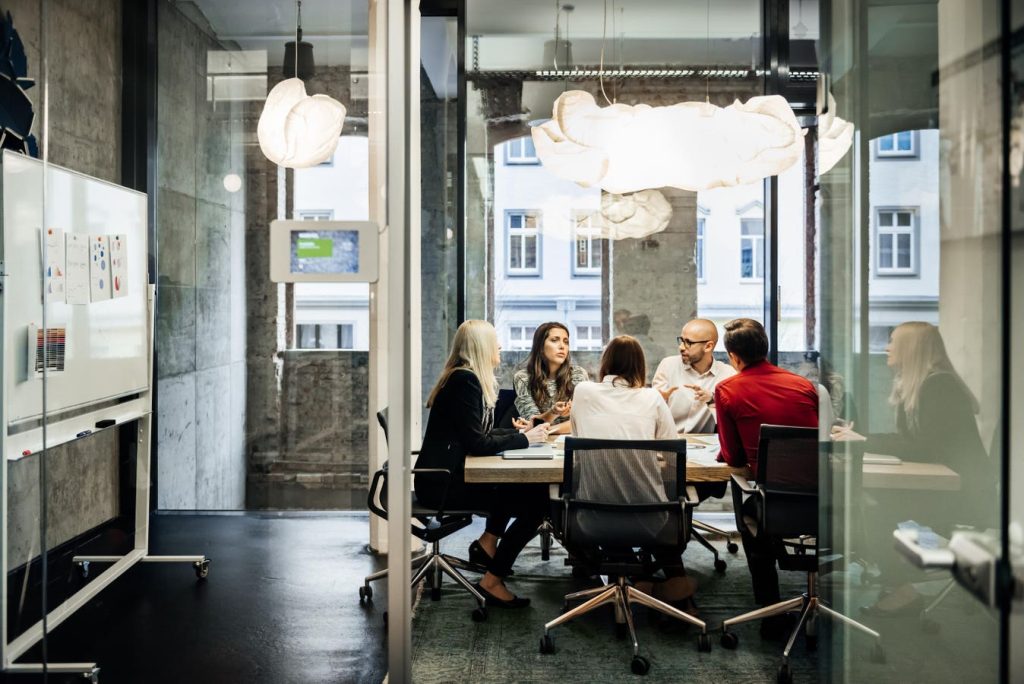Dan Boram, CEO of AURA, a design-build company specializing in workspaces, recognizes the ongoing transformation of traditional office spaces. From the Industrial Revolution to the rise of remote work, workplaces have continually evolved. Executives are now grappling with questions about the role of the office and how it meets current needs. Boram believes that offices should be hubs for social connections, culture-building, and attracting talent, with focused work continuing from home. Enhancing the workplace with comprehensive design strategies can make the office a destination of choice, catering to the diverse requirements of today’s workforce.
One innovative design strategy Boram suggests is placemaking, which integrates work, living, and recreational areas within the office. By transforming the workplace into an enticing destination, offices can become a foundation for a community supporting well-being and work-life balance. This approach involves incorporating elements like café-style workstations, fitness rooms, outdoor areas, and event spaces to foster flexibility and adaptability in the office environment. Considerations of mixed-use buildings and residential design principles can help create a dynamic and multi-functional workspace.
Taking inspiration from the hospitality industry, Boram recommends infusing offices with elements that offer a curated experience beyond a mere place to work. Just as hotels differentiate themselves with attention to detail and personalized service, workplaces can enhance engagement and loyalty by providing a unique atmosphere. Features like receptionists, breakout areas, collaborative zones, and wellness spaces can promote socializing and reduce stress. Integrating biophilic design, circadian lighting, and nature-based elements can also support collaboration, mental wellness, and a sense of belonging in the office.
Residential design principles are another source of inspiration for improving the workplace. By acknowledging employees’ familiarity with the comforts of home, workplaces can provide similar amenities, flexibility, and comfort. Lounge areas with comfortable seating, kitchen-like lunchrooms, and fully stocked kitchens can create a relaxed and inviting atmosphere that mirrors the flexibility of remote work setups. The goal is to make the office appealing enough to entice workers to commute and provide a more enriching workplace experience that supports employee well-being.
To accommodate the varied reasons employees come into the office, Boram recommends creating dedicated spaces for different types of work activities. Break rooms, wellness spaces, private phone booths, and collaboration areas cater to different needs based on individual preferences and work styles. Activity-based working empowers employees to choose where and how they work, enhancing satisfaction, productivity, and company culture. Embracing cutting-edge design trends that prioritize flexibility, well-being, and a hybrid approach can create a workplace that adapts to changing times and contributes to the success and satisfaction of the workforce.
Forbes Business Council, the premier growth and networking organization for business owners and leaders, offers valuable resources for professionals looking to excel in the business world. Prospective members can explore the qualifications for joining this esteemed network of industry leaders and innovators.


